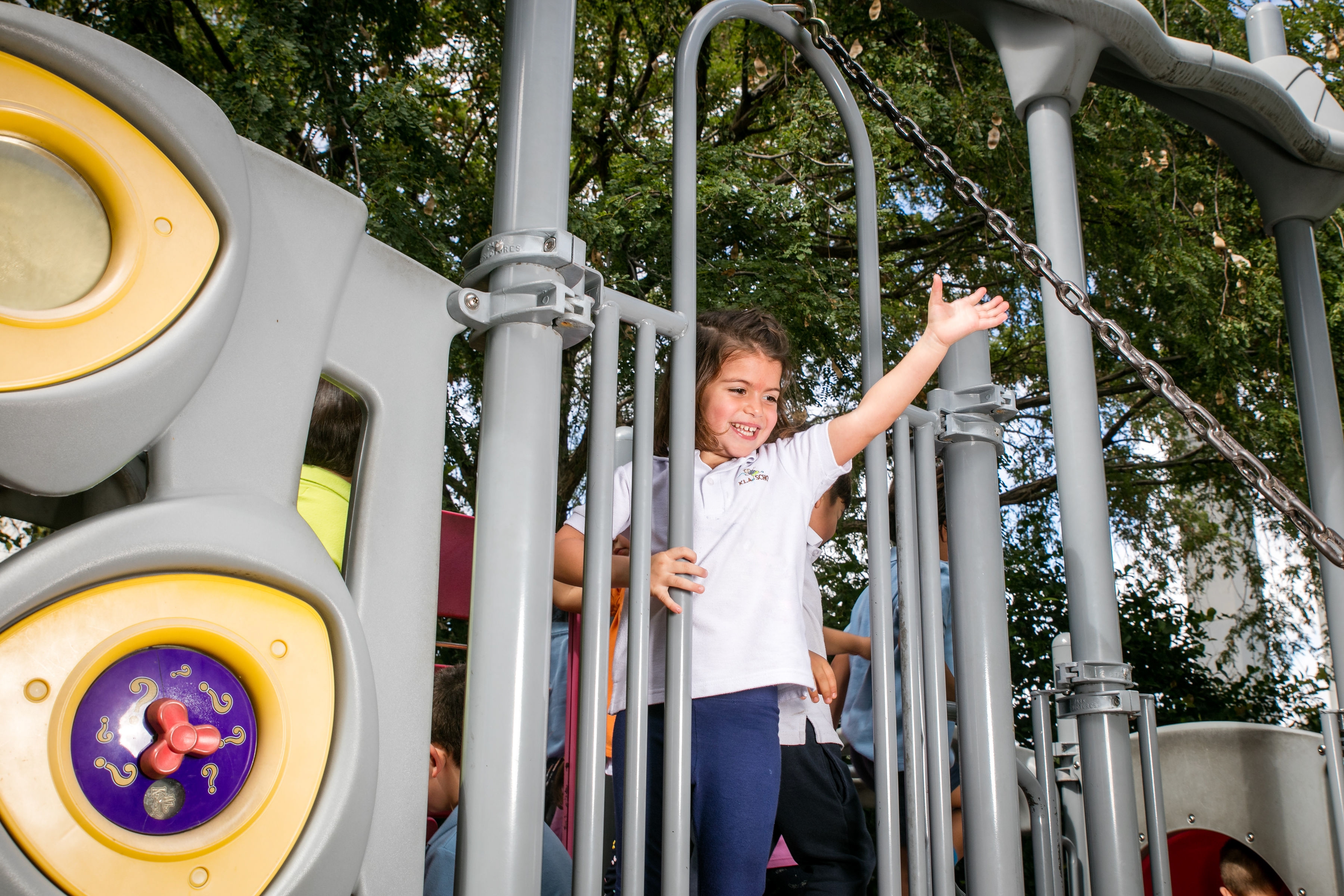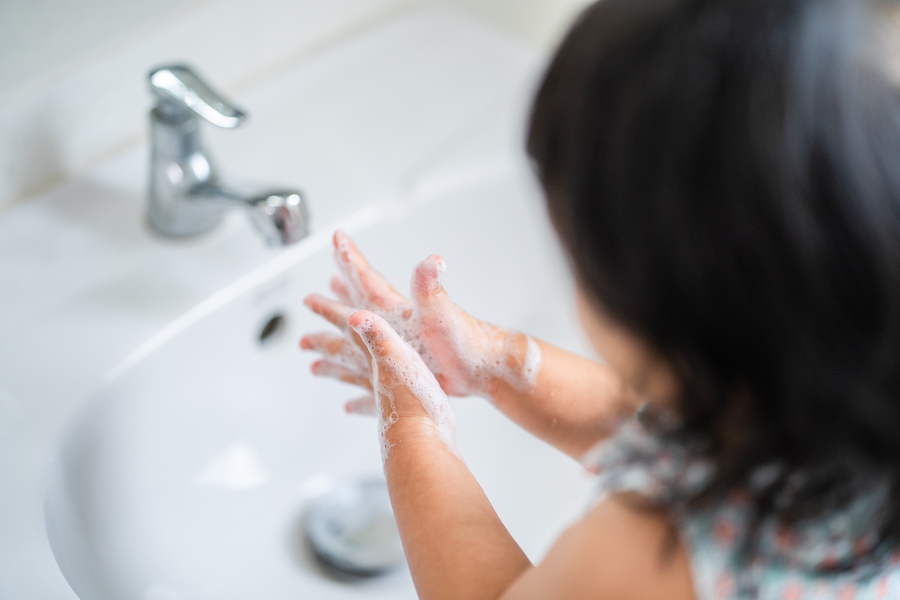Dec 30, 2021
Cold and Flu Prevention for Children
The pandemic has made us all more aware of the importance of hand-washing and staying safe from exposure to illness. However, cold and flu season is still a concern for many families. Here are some precautions you can take to lower the odds of your child getting a cold or the flu this season.
- Help your child wash their hands before and after every meal, after using the toilet, and after playing outside. Ensure they’re also wearing a mask and sanitizing their hands when necessary, such as while running errands with you, or on the playground.
- Sanitize high-touch surfaces in your home, such as doorknobs, light switches, and countertops.
- Teach your child to cough or sneeze into the crook of their elbow instead of their hands.
- Ensure your child doesn’t share things with other children that come into contact with mouths or faces, such as cups, straws, or scarves.
- Monitor your child for signs of cold and flu, and encourage them to be honest with you about how they’re feeling.
- The Centers for Disease Control and Prevention recommend the yearly flu vaccine, which protects against viruses that research suggests will be common that year.
- Strengthen your child’s immunity with healthy foods and plenty of sleep.
- Exercise helps boost the immune system as well, so encourage your child to stay active and play outdoors as often as possible.
When should your child see the doctor about a cold or flu? Nemours KidsHealth recommends taking your child to their doctor if they:
- seem to be getting worse
- have trouble breathing
- have a high fever
- have a bad headache
- have a sore throat
- seem confused
- have severe belly pain
- have pain or pressure in the chest
- have trouble staying awake
- look bluish in the lips or face

